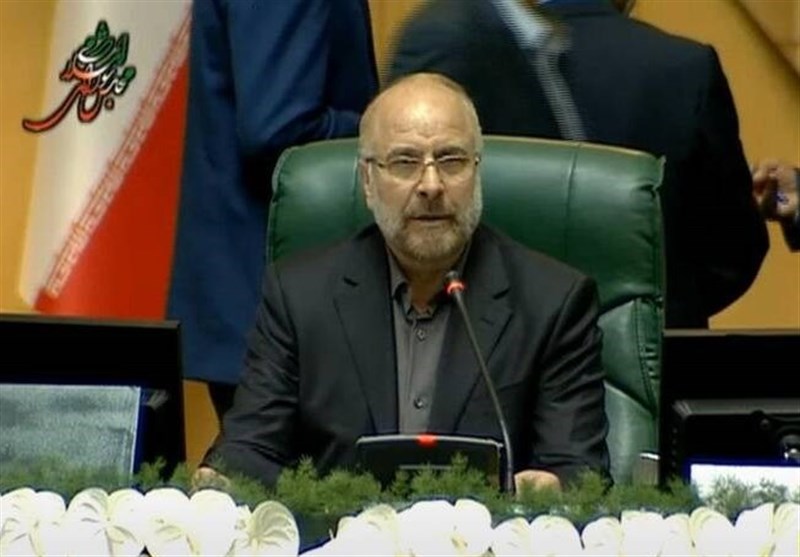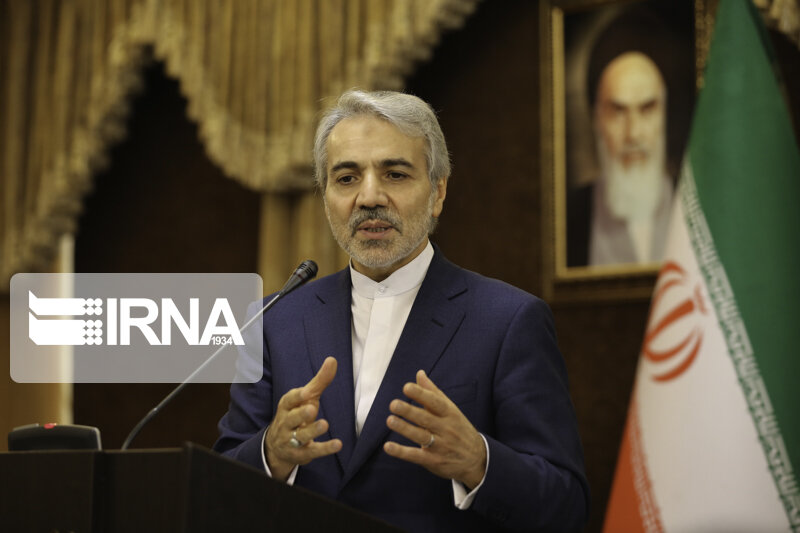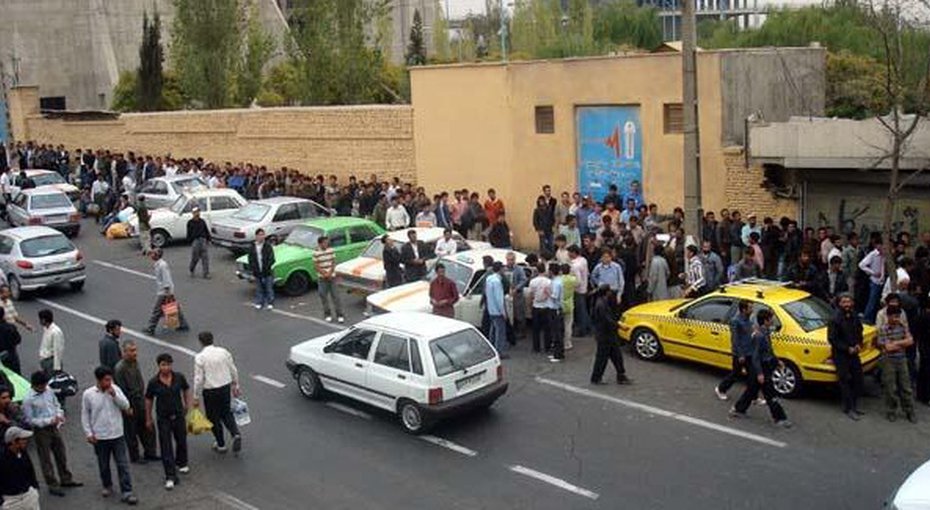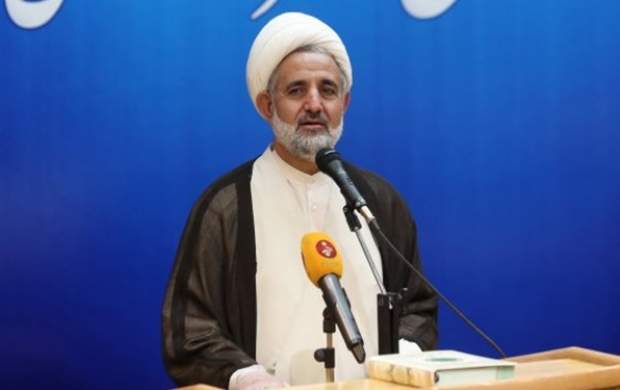
Useless Monetary Policy
The editorial of Jahan Sanat explains why predicting the inflation rate accurately is impossible; the Central Bank of Iran (CBI) recently forecasted the inflation rate at 22 percent for this year.
International and domestic organizations forecasting national economic indicators such as economic growth and the inflation rate is common, but these are just guesses, and cannot be depended on. Although it is necessary to have policies to control the inflation rate, it is impossible for officials to predict the national inflation rate.
It is illogical to make plans based on guesses and speculation and to allocate financial resources. Even if the government’s and the CBI’s policies to contain liquidity levels have a positive impact on the inflation rate, using monetary and financial policies to forecast the inflation rate is impossible. Unlike what the economic policy makers in Iran think, economic indicators do not follow government orders, promises, and threats.
The current inflation rate in Iran’s production sector is due to an imbalance between supply and demand; there has been no investment in constructing new manufacturing units in recent years; increasing liquidity has resulted in demand rising; a decline in oil revenues and more sanctions have impacted the import rate as well.
Therefore, even though there is talk of policies to control the inflation rate, it doesn’t have any accurate basis, unless they just want to control the inflation rate on paper by applying erroneous calculations.
Dangers of Monopolizing Political Power
The editorial of Ebtekar warns against monopolizing political power which Iran’s “hardliners” desire. They intend to win the presidential elections in 2021.
These days more than ever, there is no real connection between the people in power and the Iranian public. The people who hold political power in Iran have been oblivious to what has been happening in society for some time now. Politicians try to move closer to the center of power by gaining more positions, while society tries to obtain what is needed to stay afloat.
In such a situation, public legitimacy is low, and the establishment has lost its credibility. As the most important political activists within Iran belong either to the “reformist” or “hardline” camp, knowing their social bases can provide a clear insight into the relationship between politics and society in Iran today.
It is easy to analyze the position of the “reformists”: after winning all elections from 2013 to 2019, they experienced a huge failure in 2019 – a defeat which indicates that they have lost the support of their social base. Their supporters did not vote in 2019, indicating a considerable loss in the “reformists’” social base.
On the other hand, the “hardliners” who are celebrating their recent victory do not have a better social position either. For more than two decades the “hardliners” have participated in elections by relying on the marginal votes of “traditional” and “hardline” individuals. Whenever the “reformists” achieved success in mobilizing their social base, the “hardliners” simply failed. The 2019 parliamentary elections were more of a loss for the “reformists” than a win for the “hardliners”.
Interestingly, after winning the presidential elections in 2021, the “hardliners” strengthened their control over the legislative and executive branches. Unaccountable politicians, lack of supervisory institutions, and an oil-based economy will mean that such a monopolization of power will be worrying for Iran.
Unaccountable, concentrated power will result in corruption which will have a negative impact on all political currents in the country.
A Prescription to Save Iran’s Economy
The editorial of Jahan Sanat, penned by the head of the Iran-China Chamber of Commerce, explains why it is unreasonable to expect high economic growth in Iran when foreign capital cannot be injected into the country’s economy.
Iran’s economy suffers from a lack of transparency. In such an economy, we do not know how much capital and financial input is needed to reach 6 percent economic growth for several consecutive years.
The Ministry of Economy, however, says that economic growth requires 1 trillion tomans. Since we are witnessing a roughly 30 percent drop in the value of the national currency each year, in a few years 1 trillion tomans will be worth 300 billion tomans or less. The country’s wealth is circulated in the economy, it does not create economic growth.
When it is said that money has entered the capital market, it means that it has been taken out of banks, the currency, and the housing market. It is spent on buying company shares in the stock market. But does this mean that new factories and production lines will be launched?
For example, the money that has entered the banking system would not remain in it and is spent on granting loans and facilitating other economic sectors. And in turn, each sector invests the money taken from banks in other fields, thus the money starts circulating in the economy.
It is certain that financial resources are circulating in Iran’s economy, but it never results in economic development. Creating development in the economy is possible in two ways: either the government should sell huge amounts of oil and spend its revenues on the country’s economic infrastructure, or it should attract foreign investment.
Both ways depend on foreign capital entering the economy. But neither way is accessible to the government now, and as such, Iran’s economy must rely on domestic resources. Under these circumstances, we should not expect significant economic growth in the years ahead; it is useless to expect change in the economy with domestic resources.
The Issue of Corruption and Kingpins in Iran’s Economy
The editorial of Mardomsalari focuses on the issue of corruption and the arrest of economic kingpins, explaining why such arrests do not appease the Iranian people but instead make them feel unsettled.
These days, when Iranians hear that economic kingpins are arrested and punished, they feel bad about it. It is very important to know why. Some questions that are raised in this regard are as follows:
1.Why are there so many big cases of corruption in the country?
2.How come when corrupt kingpins are punished, living conditions do not improve but continue to worsen?
Evidently, the existence of kingpins in the economy points to corruption, which by itself is a symptom of a disease. But the manner and manifestation of corruption determines the level and depth of the disease. Corruption in Iranian society – like many other societies – is linked to power.
The important point is that when someone at the top is arrested and punished, the others too must be dealt with to effectively eliminate corruption. Otherwise, corruption will continue and increase. And this is the situation we are dealing with in Iran.
The other point is that apart from dealing with the perpetrators of corruption, it is important to confront its cultural and structural manifestations. It seems that the cultural and structural factors in Iranian society contribute to the creation of corrupt kingpins in the country, so much so that they are causing Iranian society to deteriorate like a cancer.
In other words, the existence of kingpins in Iran’s economy indicates a systemic issue in which power and wealth play a huge role; it also indicates a serious defect in supervisory bodies in Iran.
Iran’s economy is sick, and there is little sign of recovery. So, arresting these kingpins is not a sign of improvement, but is indicative of a deeper malaise. Instead of comforting and reassuring the Iranian people, such arrests make them more distressed and concerned.

New Parliament and Government at Loggerheads in Iran

As soon as the 11th Parliament started its work, the dispute raged between the “hardliners” and the executive branch headed by Hassan Rouhani.
Parliament Speaker Mohammad Bagher Ghalibaf accused President Rouhani’s administration of “inefficiency and disorderly management” in his first speech in Parliament. Ghalibaf also pointed out that the policy of “negotiation and compromise” with the United States is “useless and harmful.”
The new Parliament speaker added that Rouhani’s administration does not believe in a “jihadi management pattern” and prefers to focus on the outside world.
The country’s chaotic administrative-executive system, asserted Ghalibaf, is another threat which has deprived [Iran] of good governance.
Mohammad Bagher Ghalibaf also lauded the leadership of Iran’s Supreme Leader Ali Khamenei, saying the new Parliament would be “guided” by him.
Ghalibaf also ruled out negotiating with the United States as well as “completing the chain of revenge” to avenge the killing of Qassem Soleimani, the former Quds Force commander.
He stated that one of the new Parliament’s plans is to “boost the ability of the axis of resistance ” and support groups such as Hezbollah, Hamas, and Islamic Jihad as well as the “oppressed people of Yemen,” hence to continue on the “path of Soleimani.”
In the meantime, Mahmoud Nabavian, a Tehran member of Parliament, slammed Hassan Rouhani for wanting interaction with the West.
Mahmoud Nabavian further criticized Rouhani and his government, arguing that interaction implies compromising and surrendering to the West, that is why agreements, such as the JCPOA, FATF, CFT were signed [by Iran].
$110 billion Drop in Oil Revenues

With the formation of the 11th Parliament in Iran, the head of Iran’s Budget and Planning Organization went there to present a report on the country’s revenues and expenditures to the new lawmakers.
According to Mohammad Bagher Nobakht, Iran’s oil revenues have declined from $119 billion in early 2010 to an unprecedented $8.9 billion.
The sanctions imposed on Iran’s oil exports by Trump’s administration during the past two years have played a significant role in this regard.
Nobakht also announced a decrease in the financial allocation to the educational sector to tackle the budget deficit. Roughly 90 percent of the Ministry of Education’s budget is spent on paying the salaries of teachers, educational staff, and the belated wages of retirees.
The head of the Budget and Planning Organization explained that, despite savings in allocating the budget, the government is certainly facing a 42,000 billion toman budget deficit this year.
According to this year’s budget legislation, the expenditure of the government and the public sector is 484,000 billion tomans. Before the plunge in oil prices and the coronavirus crisis, economic experts had predicted that Iran would have to face a 230,000 billion toman budget deficit this year.
Nobakht asked the new Parliament to help the government to overcome the economic crises facing the country. He added that the legislative and executive branches must cooperate to overcome these dire circumstances.
But the new hardline Parliament and its speaker have shown in recent days that they are not willing to compromise with the government. This can be gathered from Ghalibaf’s remarks which were made immediately after Nobakht’s explanations.
Ghalibaf stated that according to his calculations, there is a 150,000 billion toman budget deficit this year, calling it a mistake due to the way the budget is drafted by the government.
Ghalibaf did not indicate how Parliament would help in overcoming the economic crisis, instead he mentioned that policies would be discussed after the formation of the parliamentary committees in the near future.
43 Percent of the People in Tehran Are Against Afghans Living in This City

The results of a poll reveal that 43 percent of the people in Tehran agree with banning Afghans from living in this city, and 40 percent want Afghan immigrants to be expelled from Iran.
According to the poll, 41 percent of the people in Tehran disagreed with banning Afghans from living in this city. 44 percent of participants in the poll favor the idea of separating Afghans in “certain neighborhoods” from Iranians.
The poll also shows that 40 percent of the people in Tehran – mostly women – believe that Afghans must study in their own special schools, while 52 percent are against separating Afghan students from others.
As for the economy and unemployment, roughly 40 percent of participants blame Afghans for unemployment among the Iranian people. This view is prevalent among low income groups with little access to education.
Regarding crime and misdemeanors, 53 percent of participants said that they do not hold Afghans responsible for a rise in crime levels. Only 4.2 percent of participants in the poll said that they had been bothered by Afghan citizens.
The poll in which 1,128 people participated was held in winter by the Social and Cultural Office of Tehran’s municipality and an office affiliated with the Ministry of Islamic Culture and Guidance.
230 Killed, 7,000 Wounded in Iran’s November Protests, Says MP

Seven months after the bloody crackdown on protesters in November 2019, MP Mujtaba Zolnour claimed that 230 individuals were killed during the protests.
Iranian authorities have refused to announce the real death and casualty number during the nationwide protests which engulfed Iran after petrol prices tripled overnight in November 2019.
Zolnour stated that out of 230 individuals who were killed at the time, six were police officers. “And 20 percent of them belonged to the forces that were in charge of maintaining security and order but had no formal membership, like the Basij and popular forces.”
According to Zolnour’s new data, 52 individuals killed during the protests were affiliated with Iran’s establishment and 178 of them were protesters. Zolnour also pointed out that 2,000 protesters and 5,000 officers were injured at the time. However, he did not reveal the number of individuals arrested.
A few days ago, Interior Minister Abdolreza Rahmani Fazli admitted that 80 percent of those who were killed during the November protests were shot by “organizational weapons.”
Rahmani Fazli added: “Nearly 40 to 45 individuals – namely, around 20 percent of the victims – were those who were killed by weapons which did not belong to any organization; they were martyred.”
Reuters published a report at the time, saying approximately 1,500 individuals were killed in less than two weeks during the nationwide protests in 2019. Reuters’ data was obtained from three officials in Iran’s Interior Minister who requested to remain anonymous.
